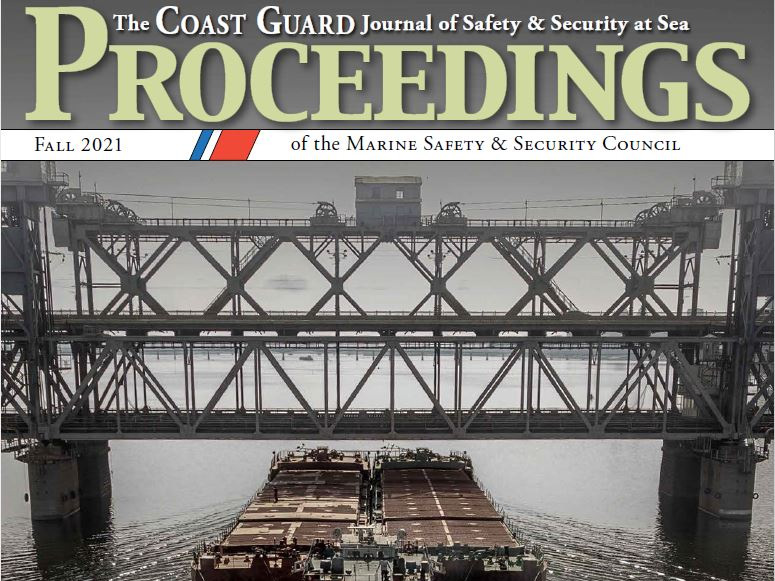
September 25, 2021 — New publication: “Urban Freight Innovation: Leading-Edge Strategies for Smart Cities“, authored by Anne Goodchild, Giacomo Dalla Chiara, and Bill Keough in the Coast Guard Journal of Safety and Security at Sea (Proceedings of the Marine Safety & Security Council), discusses the Urban Freight Lab’s three-year research project designing and deploying technologies to reduce emissions, urban congestion, and transportation costs in the urban goods delivery system.
Funded by the U.S. Department of Energy’s Office of Energy Efficiency and Renewable Energy (EERE), researchers are deploying smart lockers, in-ground sensors, data platforms to process large data streams, and a prototype app to notify delivery drivers of open parking near their destinations.
This is a timely project as cities are looking for new strategies to accommodate the rapid growth of e-commerce. Online shopping has grown by 15% annually for the past 11 years, and is now 9% of total retail sales in the U.S., with $453.5 billion in revenue in 2017. Many online shoppers want the goods delivery system to bring them whatever they want, where they want it, in one to two hours. At the same time, many cities are replacing goods delivery load/unload spaces with transit and bike lanes. Cities need new load/unload space concepts supported by technology to make the leap to autonomous cars and trucks in the street, and autonomous freight vehicles in the Final 50 Feet of the goods delivery system.
Read more:
About the Urban Freight Lab (UFL): The Urban Freight Lab is a structured partnership of academic researchers, public sector agencies, and private sector firms — shippers, retailers, tech providers, property owners, and manufacturers — working collaboratively to identify complex urban freight management problems and design solutions to make industry more efficient and cities more sustainable and livable.